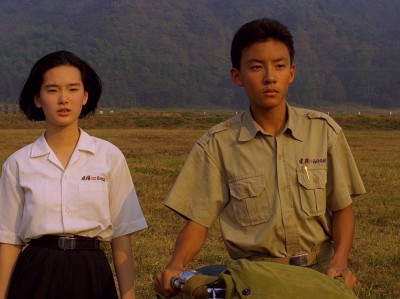



Vittorio De Sica. Neorealism, Melodrama, Fantasy
One of the most influential and talented directors of the postwar Italian cinema, Vittorio De Sica (1902-1974) is credited as a progenitor of the neorealist movement that radically reshaped the cinematic landscape in Europe and beyond. De Sica’s early films defined the quintessence of neorealism by transforming their necessarily small budgets into an aesthetic creed, a commitment to working with nonprofessional actors, shooting on location using available lighting, and encouraging intense character exploration and improvisation. Guided by the intelligent and rigorously structured screenplays of his frequent and most important collaborator, Cesare Zavattini, De Sica’s major films—The Children Are Watching Us, Shoeshine, Miracle in Milan and, of course, Umberto D. and The Bicycle Thieves—are preoccupied with urgent social and political topics facing postwar Italy: poverty and the hardscrabble life of the streets, intergenerational estrangement, and the sense of general moral decay and vacuity cast by the dark shadow of the Fascist regime.
De Sica’s extraordinary rapport with actors grew from his own career as a popular matinee idol and star of sophisticated comedies in the 1930s, a background which also informed the glamorous sheen and light comic touches which became increasingly prominent in his cinema. Compared to the meteoric critical and popular success of his early films, De Sica’s work in the 1960s was less favorably received until the comeback marked by The Garden of the Finzi-Continis. Although De Sica is celebrated today as one of the great Italian directors, important major works featured in this selective retrospective such as Miracle in Milan, Shoeshine and The Gold of Naples remain all too rarely seen.










